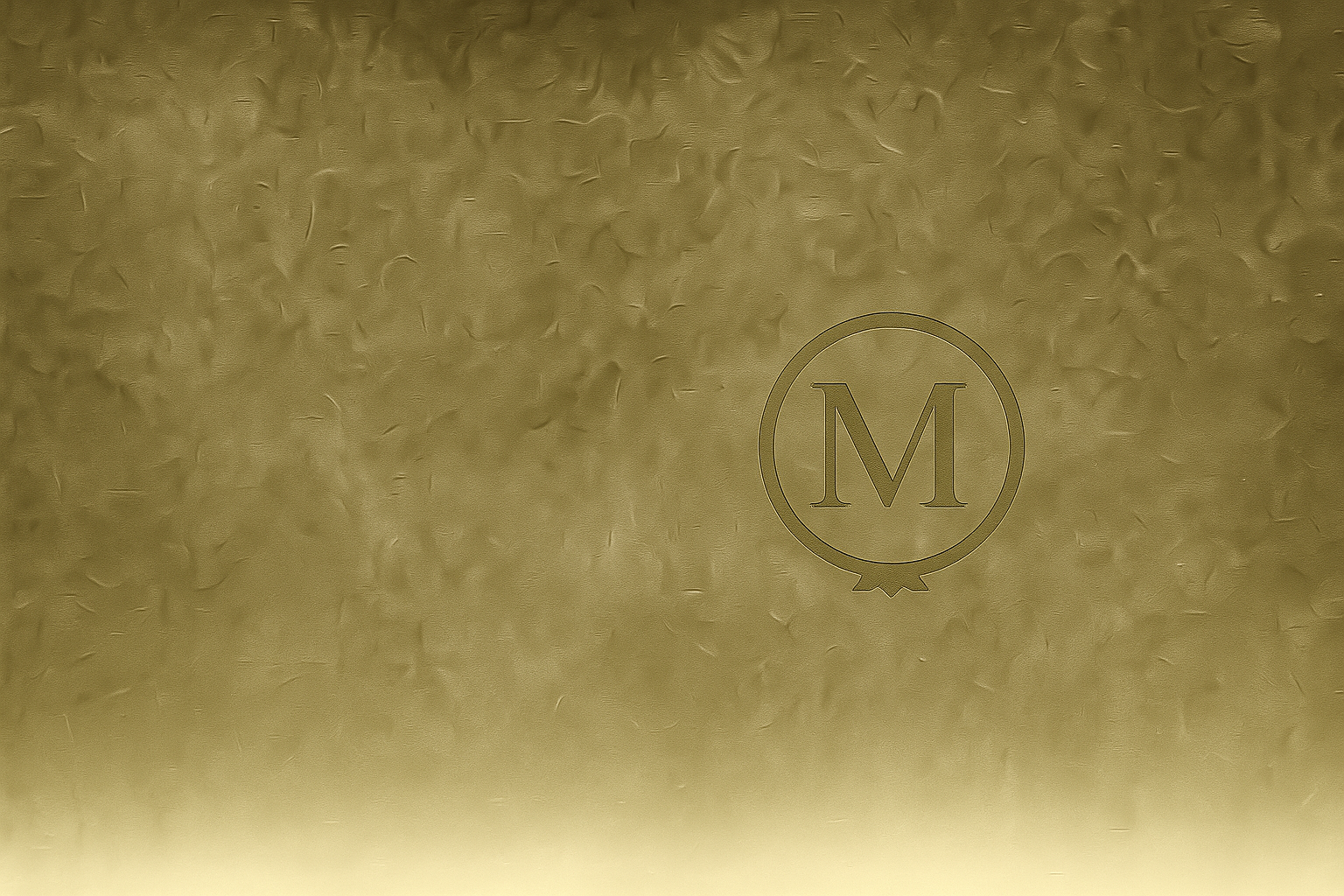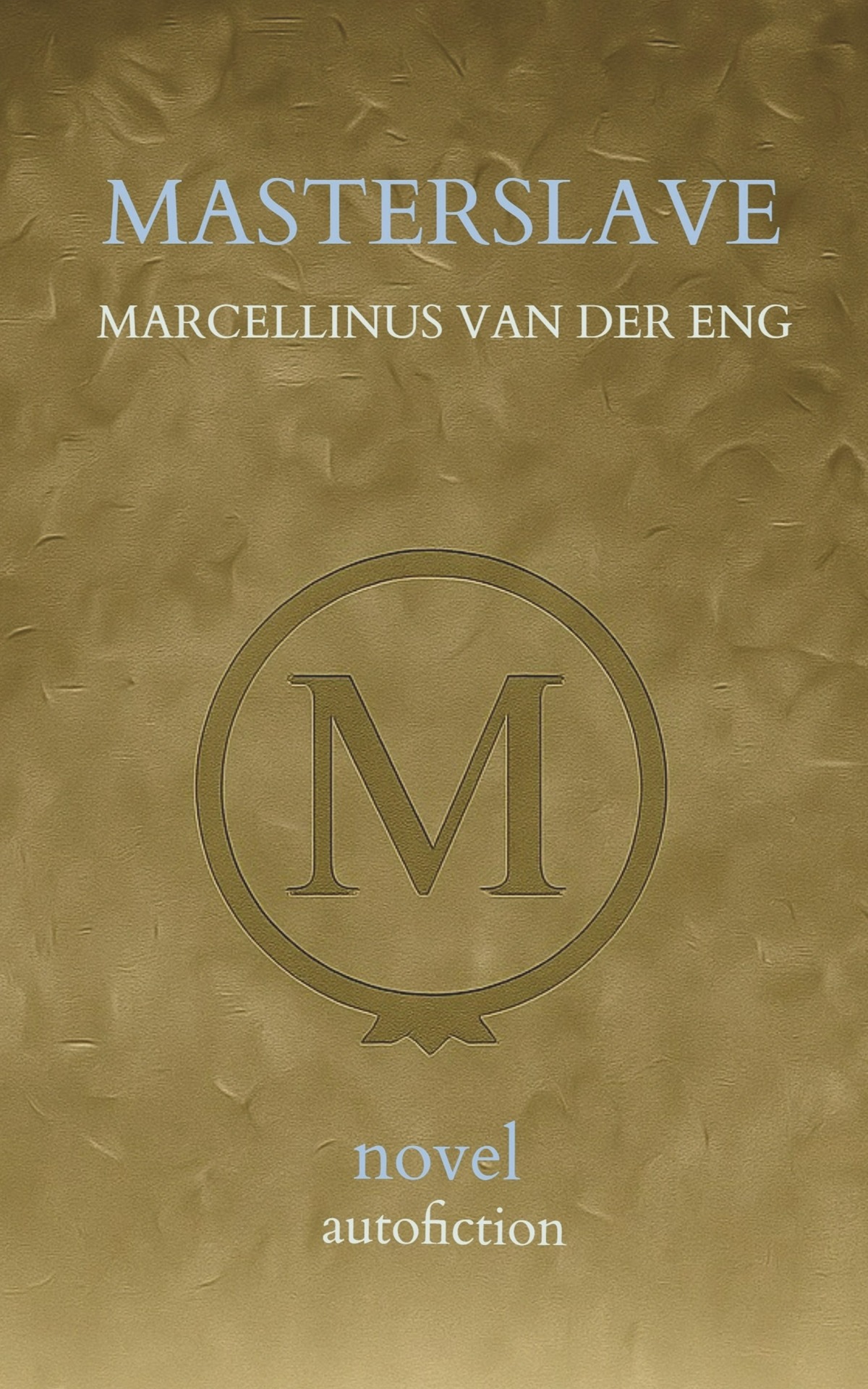
MASTERSLAVE
NOVEL – AUTOFICTION
For worldwide availability and right ISBN editions — see links below.
Translation Meesterslaaf
Publisher Dichtwerken.nl
summary
'I
shape my own master. I create my own slave.'
The protagonist of Masterslave becomes entangled in growing paranoia and soon suspects that something is truly wrong, yet he knows no one would ever believe him. Increasingly isolated, he is finally abducted through a dating app into a torture camp. From there, he steps into a Europe without equal.
A splintered diary unfolds into a raw and poetic tale, pain-driven and contemplative, original and unsettling, in which every splinter slowly forms a whole. Masterslave crosses borders of style and theme, directly telling (skaz) of power, vengeance, love and language pushed to its limits — never without a reason.
Paragraphs from Masterslave
(...)
And that's what I hate — that war teaches me to stop loving Russia. No longer loving its people, no longer loving their language; no longer their detours, their shaky balance that somehow always holds, the dumbness that works out, the brilliance that fails, the endless plains where no one cries, the brutal stare without opinion, the indestructibility steeped in acid, a ballerina dancing on behalf of us all, the singer scraping out our saddest song; the wind that blows through everything. Russia, where have you gone?
(...)
My wooden train rolled on through thickets, past cottages and hamlets. I let myself be carried away by the pounding train and by time itself, for I did not wish to return, not yet. The land grew ever more virginal, as though I were not allowed to pass through it, as though I had no right to be there. I knew that stepping out at one of the halts could betray me, for I had already gone too far — too far toward Finland.
(...)
I don't know if I know love. And isn't it true that not knowing her lets you understand her better? At least her illusion. And I believe that's all she is: illusion. One that vanishes the moment you've found her. Not being able to find her keeps the illusion alive — as long as she hurts, mentally or physically. When the pain stops, so does the love. That's why her pain is addictive — more than any other substance. You'll say: 'Love isn't pain. Love should be soft and embracing.' But isn't there always a movement that brushes up against the threshold of pain — and by doing so, dares it? This threshold is higher or lower depending on the person. And when does that shift into sadomasochism — or even torture? But once the illusion of torture is dismantled, then comes the end. Torture as a chosen illusion of love that allows love to last longer. A stay of execution. A delay of truth: that love doesn't exist, except in its illusion, enacted through pain.
(...)
With the light of the moon and stars, the flickering headlights and the house lights through the trees, it seemed to become an ancient ritual dance with groaning song — it didn't seem like it, it was a ritual mating dance; we — two strangers — comforting each other through the night with delight.
(...)
After fifty lashes they stopped, untied me, and strapped me to the floor of the cabin, face down, secured to the clamps. I was no one. They were. Their dominance was visible in their eyes, even toward each other. They had taken someone down, they had made a fellow man serve, they had abused someone so thoroughly he had lost all self-worth for their sake. They had broken a man so completely he would now do anything for them. They were almighty. They knew that if they didn't do this, they would be the ones humiliated. Because they too would want to be slaves, they too would want to enjoy pain the way they saw it in their slaves' eyes. They were addicted to it — they were addicted to their slaves.
(...)
I
couldn't kill… I began to whip the master — as hard as I could; to torture him — as
severely as I could; to work on him with knife as deep as I could, until I saw
the flaming barrel... I walked toward it, grabbed the branding iron, walked
toward the master, dropped it before him, turned around, ran to the barrel,
grabbed its legs and shoved the fiery mass toward the throne — where flame and
throne met in an instant.
(...)
I
still see the little bones lying next to the stones that had once covered them:
the bone has evolved over billions of years — the stone has not. Yet they come
from the same source. And when measured against the staggering distances of
light-years that separate us from other stars, we see that stars too come from
the same beginning... and you can't even call it a beginning — maybe it was an
end, because we don't know and cannot know what we come from. Up to a point,
yes, but that point is not sufficient to explain everything. That height fails
us, offers no steady grip. We want to go further in our thinking, but we are
cowards, afraid of the dark, afraid of ghosts, afraid of illusions — we are
afraid only of ourselves in another. We fall in love with ourselves in another.
We speak to ourselves in another. We see ourselves in another but do not dare
look directly at ourselves. We are not yet ready — for the great step forward or
backward —because our language is limited. We prefer to read recipes to poems.
We prefer repetition to something new. We prefer shouting to a crying
voice — because we are cowards afraid of seeing ourselves. That's why we will
never know where we come from — up to a point — and where we are going — up to a
point.
(...)
We do not know reality, because it far exceeds fantasy. And it is by surpassing that fantasy that reality overtakes suspicion: we dare not even suspect it. For if we did, we could no longer live with each other. Then the fear of death would always be lurking, constantly feared, constantly alert — so alert that it would trick us, lead our suspicion astray. Then the truth becomes true. But let it remain a suspicion — for the sake of peace, to live in illusion, to laugh without fear, to enjoy, to worship, to weep. Because where tears flow, there is no truth, no fear of death, no reality, no bloodlust, no uncertainty, no facts — only fantasy flows there.
(...)
After the driver had accompanied Arvo to Oleg's apartment and the door was opened, they fell into each other's arms and both were startled by it. Oleg became a child with Arvo and Arvo became an adult with Oleg. Oleg gave Arvo a suitcase and told him to put the contents of his bag into it, then grabbed the old bag. Arvo looked around the apartment, which was tall and spacious, with beautiful furniture and even a piano — something he'd only ever seen in a church back in Finland. Oleg wore a three-piece suit, put on his fur coat, grabbed his fur hat from the rack, looked at Arvo with his suitcase, picked up his own suitcase, and walked outside together with Arvo into the early morning, into the virgin snow of Gorky Street, and stepped into the white luxury ZIS-101 that glided over the piercing snow from Tverskaya Street to the airport. They seemed to be the only souls in Moscow.
(...)
You see, it's the same pattern everywhere; someone has their thing and pushes it through, continues with it, becomes more adult, more powerful, richer, and craftier, starts expanding their thing, rises to the peak of their power and grows, becomes a thing-owner and gains thing-comrades who share the same thing-secret. That creates a bond, then it becomes a group-thing, people go look at the thing, let the thing do or do with it whatever they wish, and then suddenly there's no satisfaction anymore, and the thing is killed, a new thing comes, also gets killed, until the garden is full of them. A garden of dead things. Then it's time to be alert, because then the one who demanded the thing is weakened — by his surroundings or by age and decay — and then come the vultures, hyenas and jackals of which the thing-owner was once one, but now too weak to eat, only able to be eaten. Even this process ends when boredom draws near, the long boredom, the boredom of having felt almost every thing, seen, heard, killed, touched, even loved. Everything comes to an end, and you'll ask yourself: was I a thing or did I have a thing? Seek the answer in the question, even if no answer is possible, still. Ask yourself: am I such a thing or do I have such a thing? Did I demand or was I demanded? And the answer doesn't interest me in the least, because what matters is how you demanded and how you were demanded: with love or hatred, with the left or the right, with hardness or tenderness, with a man or a woman. Trace it, walk your path, your own path — but leave no corpses in the garden.
(...)
This English translation was produced in collaboration with ChatGPT (OpenAI) and remains under the full literary and legal responsibility of the author.

